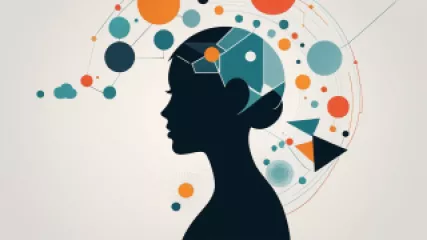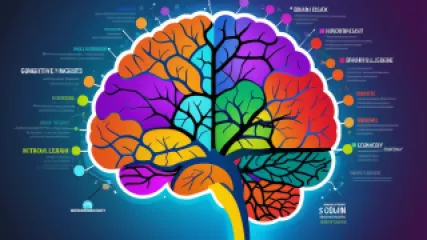Mastering Wellness Practices: 7 Relaxation Techniques to Try Today
1 year ago
Techniques for Relaxation
The Ultimate Guide to Emotional Intelligence Theories
1 year ago
Intelligence Theories
Shattering the Stigma: A Personal Perspective on Mental Health
1 year ago
Mental Health Stigma
Unlocking the Power of Mindful Listening: A Step-by-Step Guide
1 year ago
Mindful Listening Benefits
Ultimate Guide to Improving Communication Skills in Relationships
1 year ago
Navigating Relationship Conflicts
How to Take a Mental Health Break: Boost Your Well-Being
1 year ago
Mental Health Break Importance
My Journey to Mastering Time Management: A Personal Perspective
1 year ago
Psychology of Time Management
Proven Relaxation Techniques: A Research Summary
1 year ago
Techniques for Relaxation
My Journey to Discover the Power of Psychology
1 year ago
Psychology Fundamentals
Exploring Cognitive Theories of Intelligence: A Step-by-Step Guide
1 year ago
Intelligence Theories
Combating Mental Health Stigma: A Step-by-Step Guide
1 year ago
Mental Health Stigma
Creative Intelligence: Unveiling the Diverse Spectrum of Intellect
1 year ago
Intelligence Theories
Support for Handling Letdowns: An Interview with a Resilience Expert
1 year ago
Dealing with Disappointment
5 Inspiring Lessons from Forrest Gump to Boost Your Volunteering Journey
1 year ago
Volunteering Benefits
10 Strategies to Overcome Disappointment and Build Resilience
1 year ago
Dealing with Disappointment















